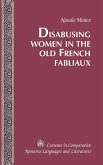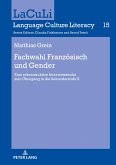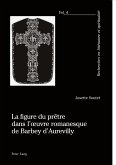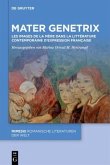The Old French fabliaux may be notorious for their bawdy content, but few aspects of these medieval comic narratives are as astonishing as their depiction of the parish priest, whose fiscal and sexual transgressions are on occasion so enormous that lay protagonists are driven to inflict graphic punishments ranging from public exposure and communal beating to castration and murder. In this study, Burrows draws on social psychological research into the cognitive and socio-motivational components of stereotyping to explore the forces underlying the creation and development of the fabliau priest. Through an assessment of the constituent elements of the figure against a background of a range of literary and historical sources, Burrows demonstrates that the literary figure is the product of the specific socio-historical context of contemporaneous changes in relationships between Church and laity in which anticlerical stereotyping, in a manner comparable to other instances of outgroup derogation, can be attributed to a quest for positive social identity and ingroup solidarity on the part of an inscribed lay audience.
"This is a very coherent, well-finished study of anticlerical satire in the fabliaux, which, with their robust and often bawdy humour, make entertaining reading today. It is hoped that this book will lead to further comprehensive studies of the genre." (Glynnis M. Cropp, New Zealand Journal of French Studies)
"... une étude sérieuse, fouillée, originale et bien articulée, qui rend un service signalé aux futurs exégètes des fabliaux." (Alain Corbellari, Revue Critique de Philologie Romane)
"... une étude sérieuse, fouillée, originale et bien articulée, qui rend un service signalé aux futurs exégètes des fabliaux." (Alain Corbellari, Revue Critique de Philologie Romane)








